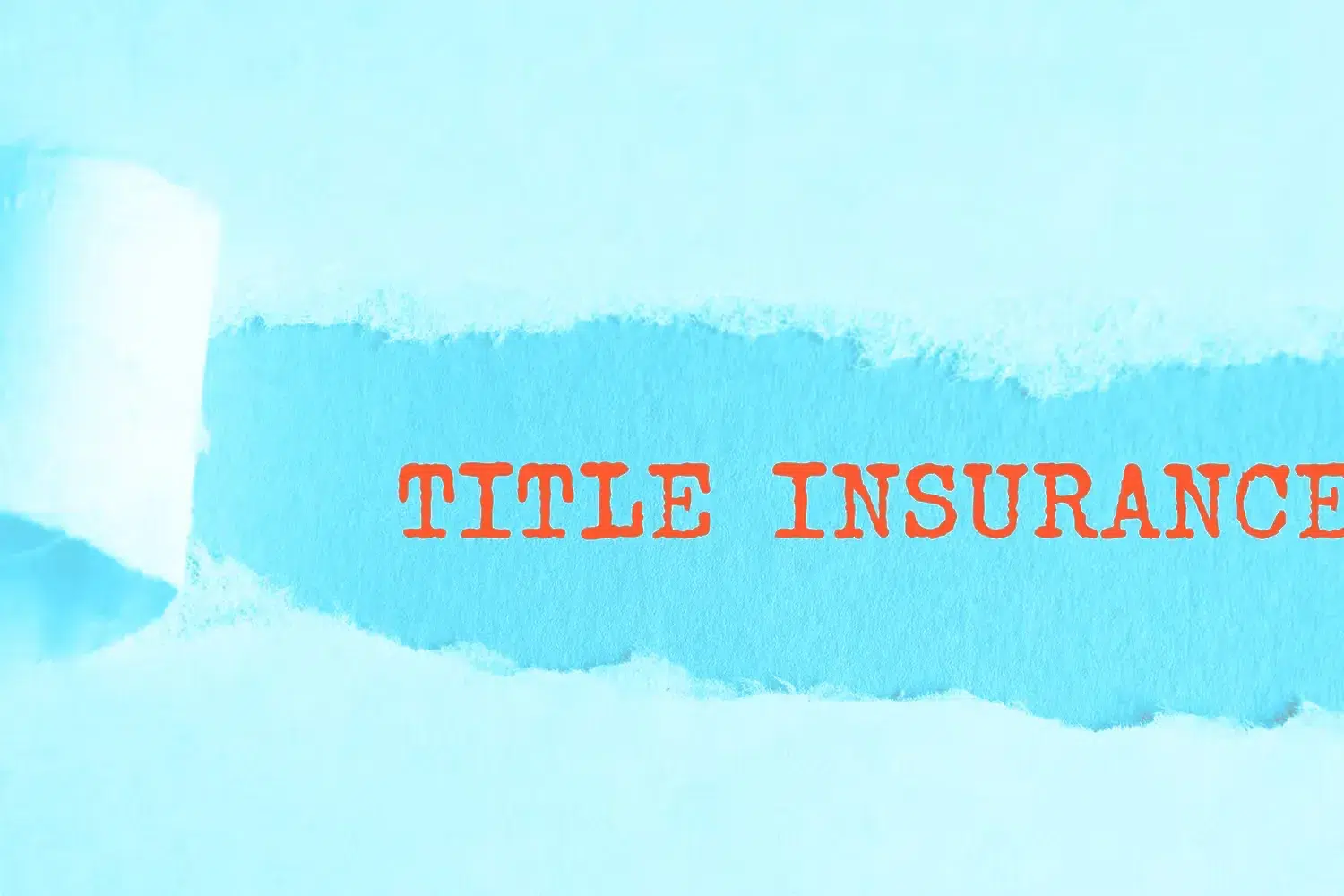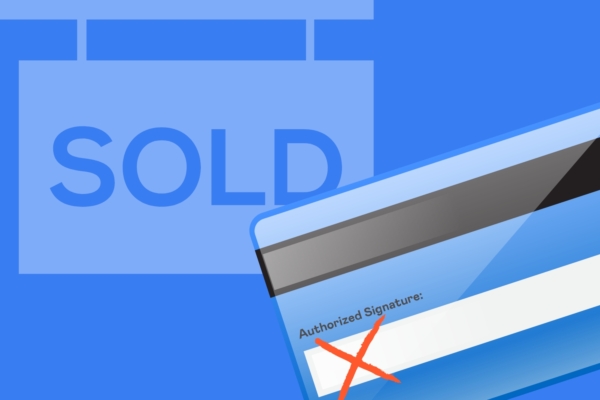
What is Title Insurance?

Title insurance is a type of insurance coverage unique to the homebuying process. Though it’s a common part of almost every residential mortgage transaction, it’s a concept that leaves many scratching their heads. Title insurance is different from a homeowner’s insurance policy, which protects against future events such as fire, flood, or theft. Instead, title insurance protects against losses from problems with your home’s title that existed before you purchased the property. Read on to learn more about what all title insurance protects against, who pays for the policy, how much you can expect to pay, and more.
What is title insurance?
Title insurance protects against financial loss and legal expenses caused by defects to a title in real estate.
In real estate, your title shows legal ownership of a piece of property. A clean title is free of any liens, encumbrances, or defects that could potentially jeopardize your right to ownership. A clouded or dirty title, on the other hand, means that you might not have full ownership rights of the property.
Common defects on title records include:
- Liens from mortgages, home equity loans, or home equity lines of credit
- No right of access to and from the land
- Mechanic’s or construction liens
- Boundary disputes
- Conflicting or improperly probated wills
- Unknown heirs
- Back taxes
- Defect arising from an improper prior foreclosure
Any defects on the title should be found during the title search— another important step often required by mortgage lenders in the homebuying process. However, these searches are not infallible. There’s always a risk that the issues will arise after the home has been purchased.
Talk to an Expert
Our Real Estate team is ready to walk you through every step of your home purchase.
Types of Title Insurance Policies
There are two main types of policies: owner’s title insurance and lender’s title insurance.
Owner’s title insurance protects a buyer’s equity in the property. An owner’s policy lasts as long as you and your heirs own the land.
Lender’s title insurance, on the other hand, only protects the lender’s interest in the property. If a defect voids your title, this policy will ensure that the mortgage lender still receives the money that they lent. A lender’s policy only covers the amount of the loan, which is usually not the full property value, and lasts until the loan is paid off.
The state of Texas does not require owner’s title insurance. However, mortgage lenders will likely require that you have a lender’s title insurance policy in order to get your home financed. Both types of policies are purchased at closing with a one-time premium.
The Risks of Not Purchasing Title Insurance
We mentioned earlier that title searches are not perfect. Indeed, some defects are difficult to identify, such as filing errors, undisclosed heirs, or forgeries.
Say you purchase a home that was sold by apparent heirs after the owner died. After a year in the house, you learn that the estate was improperly settled and now the actual heirs to the home are claiming ownership. An owner’s policy would protect your financial interest in the property and help cover any legal fees that would undoubtedly arise from settling the matter.
Another common issue that arises is unpaid taxes. If a previous owner fails to pay their property taxes, a homebuyer could be held liable for these back tax claims. Though a title search should reveal this information before you buy, it sometimes slips through the cracks. The buyer may be left with only two choices: pay the balance or lose the home to the tax entity. An owner’s title insurance policy could help you cover these costs.
In short, not having title insurance leaves you exposed to the risk of financial loss if the title isn’t clean.
Who pays title insurance?
Who ends up paying for title insurance will largely depend on what type of policy you’re taking out. In Texas, a seller will typically purchase an owner’s title insurance policy to protect the buyer. Buyers will usually purchase lender’s policies.
However, like many things in the homebuying process, who pays the title insurance is completely negotiable. In a hot buyer’s market, a buyer could stipulate that they want the seller to cover both policies. If a seller has the upper hand, they may negotiate that the buyer purchases both policies.
Keep in mind that if you are purchasing your home from a new construction development, the buyer typically must purchase both policies.
Title Insurance Costs
In Texas, title insurance premium rates are set by the Texas Department of Insurance and are based on the purchase price of a property. This means that any title insurance company across the state will charge the exact same premium for a policy.
Rates can be found on the Texas Department of Insurance website here. There are also handy calculators online that will tell you the expected premium based on your home’s value.
Here are a few examples of how much your one-time policy premium will cost based on the price of your property.
| Sales Price | Title Insurance Premium |
|---|---|
| $100,000 | $832 |
| $200,000 | $1,359 |
| $300,000 | $1,886 |
| $400,000 | $2,413 |
| $500,000 | $2,940 |
| $600,000 | $3,467 |
| $700,000 | $3,994 |
Where do you buy title insurance?
Title insurance should be purchased only from a licensed company. The Real Estate Settlement Procedures Act prohibits sellers from conditioning the sale of real estate on the use of a specific title insurance company, which means you have the freedom to shop around.
Though premiums are the same no matter which title company you choose, you may be able to save on other types of fees like tax certificates, recording fees, and delivery expenses.
Title insurance is typically purchased when you close on a house. The fees and premium will be wrapped into your closing costs.
Insure Your Investment
Like other types of insurance, title insurance is something that you’ll wish you had if you ever need to use it. It can save you from financial loss and ensure that you are able to afford any legal fees that you may incur if you have to settle a title dispute. A house will likely be the most expensive purchase you make in your life, and it’s important to ensure that it is adequately protected.




